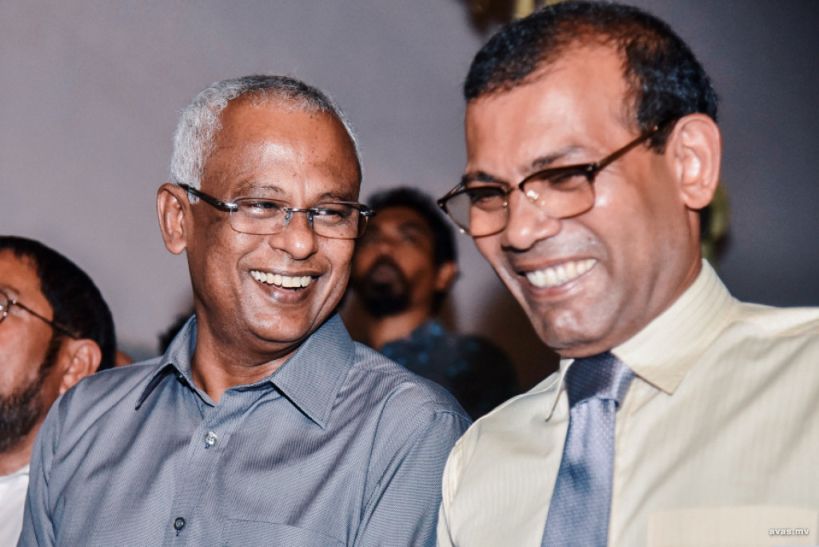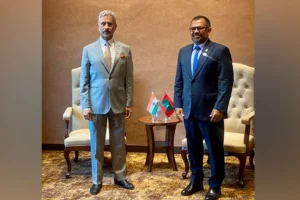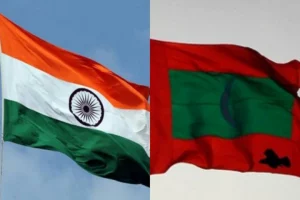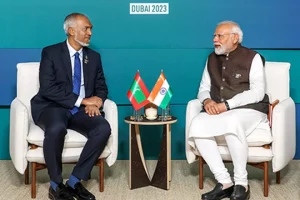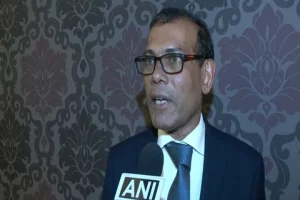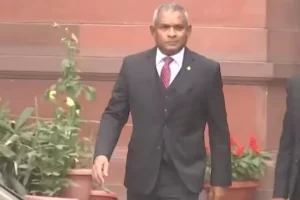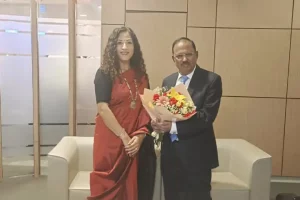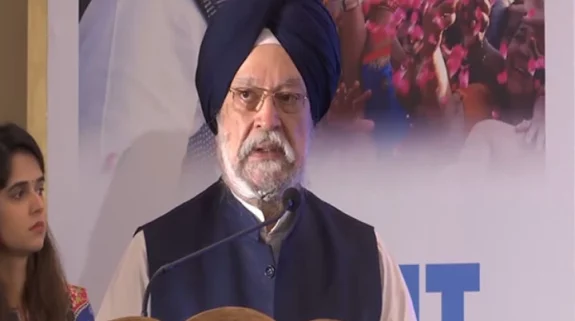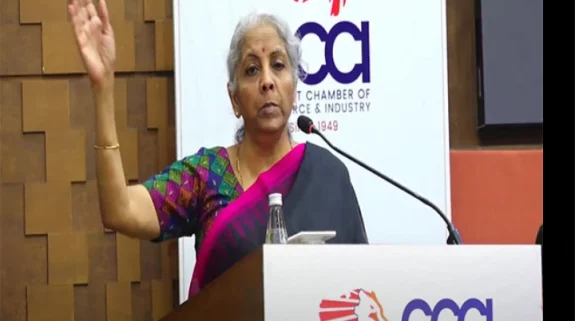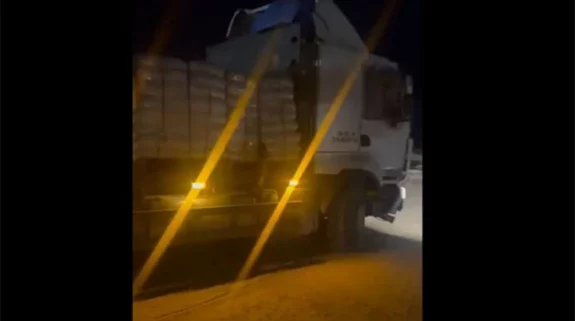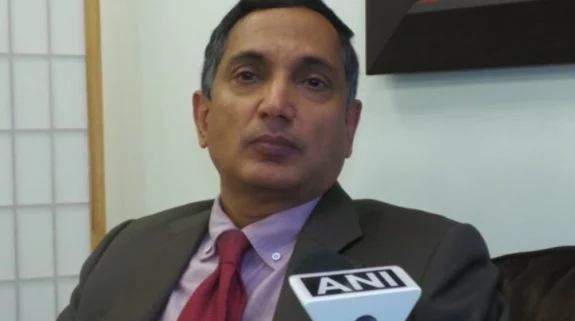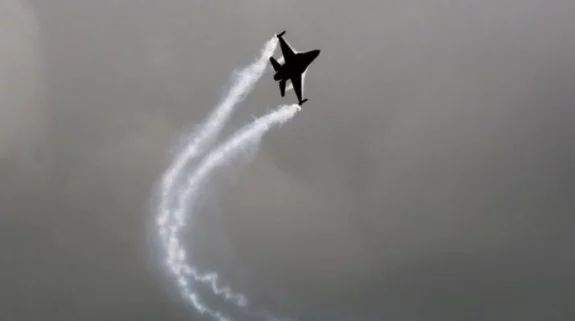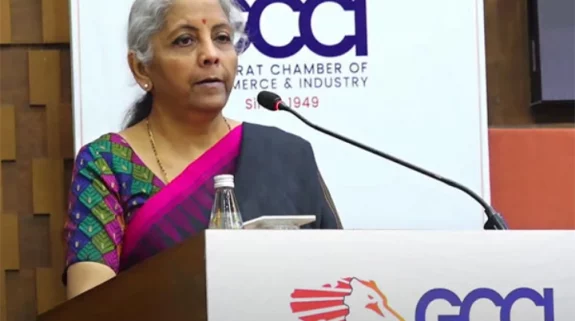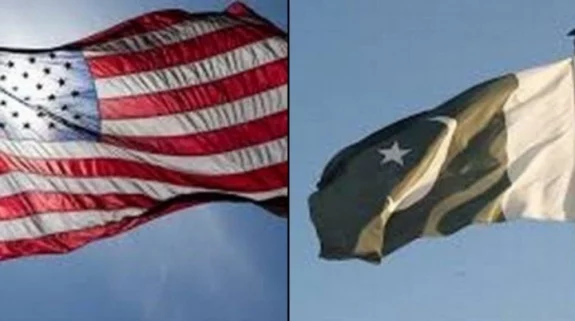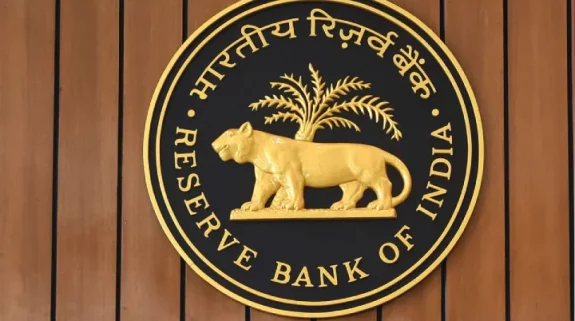By Dr. Gulbin Sultana
The Maldives’ ruling party—the Maldivian Democratic Party (MDP), which enjoys an absolute majority in the Parliament is facing internal problems as differences between the two main leaders widen over issues of national interest. The differences between President Ibrahim Mohamed Solih and Speaker Mohamed Nasheed are likely to cause political instability by damaging the existing coalition which supports the Solih administration.
When the MDP-nominated Ibrahim Solih won the Presidential elections in 2018, the country regained the goodwill of the international community. Subsequently, the overwhelming victory of the MDP in the parliamentary elections in 2019 ensured political stability that Maldives has lacked since 2012. Nevertheless, the growing intraparty conflict in the MDP is not only raising domestic concern but also the concerns of the international community, particularly India, that looks for stability in the country.
Mohamed Nasheed formed the MDP in 2003 while in exile in Sri Lanka to challenge the authoritarian rule of Maumoon Abdul Gayoom under a one-party system since 1978. Since its formation, the MDP has garnered international support for its fight for multi-party democracy. In August 2008, under domestic and international pressure, then-President Gayoom allowed the first democratic multiparty elections to be held in October 2008. In the run off in the 2008 Presidential elections, Nasheed defeated President Gayoom with the support of a coalition. Unfortunately, Nasheed’s coalition partners joined hands with his opponents and forced him to resign amid a police mutiny in 2012. His opponents successfully portrayed him as un-Islamic.
The hard-fought democracy and civic rights, achieved due to political reform movements led by Nasheed since 2003, were undermined by his successors—President Mohammed Waheed Hassan (2012-13) and President Abdulla Yameen (2013-18)—Gayoom’s stepbrother. In order to suppress dissent, President Yameen’s Progressive Party of Maldives (PPM)-led coalition government, jailed Nasheed and other political leaders illegally. President Yameen not only snubbed the international community for its request to restore democracy and protection of human rights in the Maldives but also refused to abide by the Supreme Court’s order to release political prisoners.
In 2017, the coalition partners of the Yameen Government—Adhaalath Party (AP), Jumhooree Party (JP) as well as Gayoom, joined hands with Nasheed’s MDP to form an opposition coalition against Yameen’s dictatorial rule. The joint opposition coalition initially chose Nasheed, who was living in exile in Sri Lanka as their common presidential candidate for the 2018 elections. The MDP too unanimously nominated Nasheed as the Presidential primary candidate. However, the Election Commission threatened to dissolve the MDP if it continued with Nasheed as a candidate. Under pressure, Nasheed renounced his party ticket. Accordingly, MDP unanimously nominated Ibrahim Solih as the opposition Presidential candidate. Reportedly, many MDP members were not happy with this decision. However, due to his amiable nature and vision for the country as well as support from coalition partners, Solih won the Presidential elections held on 24 September 2018. After Solih’s victory, the Supreme Court dropped the charges against Nasheed, who returned from exile and led the MDP to win a two-thirds majority in the 2019 Parliamentary elections.
On his return to the National Parliament, Nasheed promised to bring peace and stability to the country by providing full support to his childhood friend, relative, and fellow party member Solih. However, differences between the two leaders and divisions within the ruling MDP were visible from the very first sitting of the newly elected Parliament in May 2019. Reportedly, President Solih and Nasheed had different opinions over the choice of MDP’s candidate for the speaker in the 19th Parliament. However, the two leaders averted a crisis after Nasheed was proposed as a unanimous speaker by MDPs members.
Also read: 10 held in Maldives, but murky plot to assassinate ex-President yet to be unveiled
As Speaker of the Parliament, Nasheed cannot directly participate in parliamentary debates on important issues of national concern. However, he has backed MDP MPs questioning the Solih Government in the Parliament on issues like signing important deals with foreign countries, the government’s inefficient handling of corruption, radicalism and violent extremism, failure to arrest the perpetrators of attacks on journalists and curbing terrorist activities. To bring an end to corruption within the Government, the MDP MPs brought a no-confidence motion against some of the ministers. This was criticised by a few party members arguing that as members of the ruling coalition, the MDP MPs should maintain unity instead of trying to bring down the government. Coalition partners of the Solih Government were also disappointed with Nasheed and his supporters for presenting a no-confidence motion only against non-MDP ministers on the pretext of addressing the issue of corruption. One of the coalition partners has already hinted that this action may impact coalition unity.
Outside the Parliament, Nasheed has openly criticised the Solih administration. He blamed the inefficient governance of the Solih administration responsible for the party’s poor performance in the local council elections held in April 2021. Many in the MDP believe that the party will not be able to win the 2023 Presidential elections with Solih as a Presidential candidate if no action is taken to prevent the weakening of the party. Nasheed and his supporters believe that it is the party’s responsibility to bring an end to the extremism and corruption in the Government.
Post local council elections, Nasheed no longer wants to be on the sidelines. He wants to play a greater role in issues of national importance. That is why probably Nasheed is openly displaying his disappointment in Solih’s independent decision-making. On 18 April 2021, Nasheed sent a text message to Solih asking him to dissolve the government and cancel the presidential election due in 2023. He wanted Solih to change the system into a parliamentary one. In his message, he also expressed his desire to become the Prime Minister. President Solih, however, refused to take any decision on the same and said that changes can be brought in only by peoples’ vote and that he was not contemplating conducting such an exercise at this point. The coalition partners too opposed the idea of changing the existing Presidential system to a Parliamentary system.
Nasheed is also dissatisfied with the investigation process of the fatal attack carried out on him on 6 May 2021 and the Government’s inaction in curbing radicalism and arresting the actual perpetrators. According to Nasheed, Solih is getting influenced by some radical elements in his government. Nasheed was greatly unhappy by the government’s reluctance to pass the bill on amendments to criminalise hate crimes as it was opposed by the Islamic AP, Islamic Affairs Ministry, and religious preachers. Earlier, the Solih administration had banned the Maldives Democratic Network for its human rights report under pressure from the Islamists.
Believing that they cannot allow the government to do nothing on the issue of radicalism, violent extremism, and terrorism, Nasheed through the MDP Council passed a motion asking the President to declare emergency to allow police to arrest terrorists. The resolution was passed without seeking the views of the President. This did not go well with some of the MDP members, though the majority of the Council members passed the motion. The Solih Government has not yet responded to the resolution. The opposition PPM-PNC combine has strongly reacted to the motion as declaration of emergency by the President may lead the country towards political instability.
President Solih has so far remained calm while reacting to Nasheed’s comments and allegations. He has the double responsibility of protecting his party’s unity as well as maintaining the coalition. However, Nasheed seems to be losing patience, as he said he can no longer work with the current government nor can he maintain a political relationship with President Ibrahim Mohamed Solih. He has also hinted that he was open to joining hands with the PPM if the party agrees to address the issue of radicalism to protect the nation.
The PPM-PNC has however refused to join hands with Nasheed. Rather, it is organising a membership drive to increase its members, expecting that the in-fighting in the MDP can be used as an opportunity to come back to power. In the local council elections, the PPM’s vote share did not increase, yet it won because the MDP voters did not turn up for voting as they were fed up with the internal sparring. The internal tussle in the MDP, if not resolved soon, may have a negative impact in the upcoming presidential and parliamentary elections. The MDP’s defeat will be a concern for India, as the ongoing India-Out campaign is being backed by the latter.
Differences within the MDP and dissatisfaction of the coalition partners may cause political instability in the Maldives. The international community holds a lot of trust in the MDP. It is considered to be a champion of democracy and human rights, therefore, it is believed that this is the only party that can ensure stability in the country. Prolonged intra-party tussle will be a great disappointment for its supporters at home and well-wishers around the world, particularly at a time when Maldivian Foreign Minister Abdulla Shahid has been elected as the President of the United Nations General Assembly to preside over the world body for 2021-22.
At a time when Maldives has been pitchforked into global limelight, and the nation once again looks at strengthening its democratic credentials, it would be sad that domestic politics could play spoilsport. India would feel let down as it enjoys a warm rapport with both Solih and Nasheed. It also has promised substantial aid to support development in the country.
(Dr Gulbin Sultana is a Research Analyst with the South Asia Centre in the Manohar Parrikar Institute for Defence Studies and Analyses. Her area of research includes Sri Lanka and the Maldives. Views expressed are personal)






